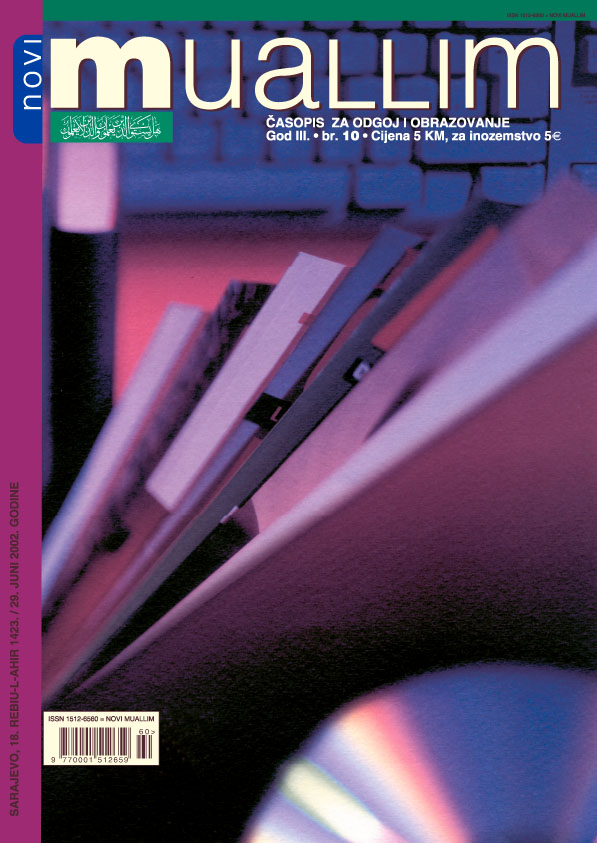ON TRANSLATING OF THE QUR'AN
The viewpoints of some Islamic scholars
DOI:
https://doi.org/10.26340/muallim.v3i10.1333Abstract
The dilemmas on the translations of the Qur'an appear even in the first centuries of Islam, since the Qur'an was revealed "in clear Arabic language". However, Islamic scholars, aware that the distinctive style of the Qur'an cannot be preserved in the translation, permitted the translation. However, they emphasized that even Mohammed a.s. allowed to have Torah read to him in Arabic and that he himself wrote to the rulers inviting them to Islam. Their main argument was an eminent Messenger's ashab, Salman of Persia, who translated surah Al-Fatihah into Persian. Abu Hanife even allowed for the salaat to be performed by using the translation of the surah. His disciples accepted this under condition that a man cannot learn it in Arabic. The prominent mufassir Zamahseri, also allowed the translation of the Qur'an, since all revelations came in different languages. This made the translation of the Qur'an into different languages legitimate as well. However, this underwent a slight modification being that the role of translation is now transferred from God to a man and is thus entrusted to him. The ulama of Bosnia and Herzegovina had different opinions on the matter. The traditional ulama were among those who opposed translating. They were represented by the Cokics, through their ultra-conservative magazine Hikjmet. They insisted on learning the Arabic language. Their viewpoints are supported by a number of reasons. Here are only some of them: impossible to have the proper translation, ejaz of the Qur'an is lost, the translation does not have the same impact on the reader's soul as the original etc. However, regardless of these viewpoints and opinions, more traditional ulama, SukrijaAlagic, offers a translation of the Qur'an with the commentary Al-Manar, which nourished contemporary Islamic thought and fought against Muslims' languor. Pandza-Causevic and Karabeg, who also did their own translations as well as many others, who also did not have any dilemmas, followed Sukrija Alagic.
Downloads
Published
How to Cite
Issue
Section
License
Naknada:
a. Časopis ne naplaćuje naknadu za obradu članaka (APC) i naknadu za podnošenje članaka.
Autori koji objavljuju u ovom časopisu pristaju na sljedeće uvijete:
- Autori zadržavaju autorska prava i pružaju časopisu pravo prvog objavljivanja, pri čemu će rad jednu godinu po objavljivanju biti podložan licenci Creative Commons imenovanje koja omogućuje drugima da dijele rad uz uvijet navođenja autorstva i izvornog objavljivanja u ovom časopisu.
- Autori mogu izraditi zasebne, ugovorne aranžmane za ne-ekskluzivnu distribuciju rada objavljenog u časopisu (npr. postavljanje u institucionalni repozitorij ili objavljivanje u knjizi), uz navođenje da je rad izvorno objavljen u ovom časopisu.


